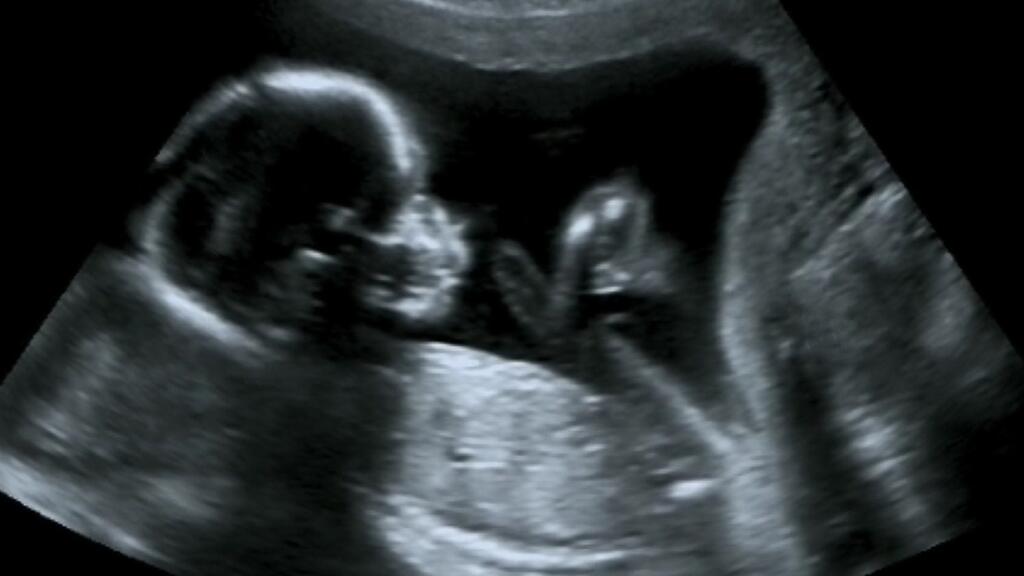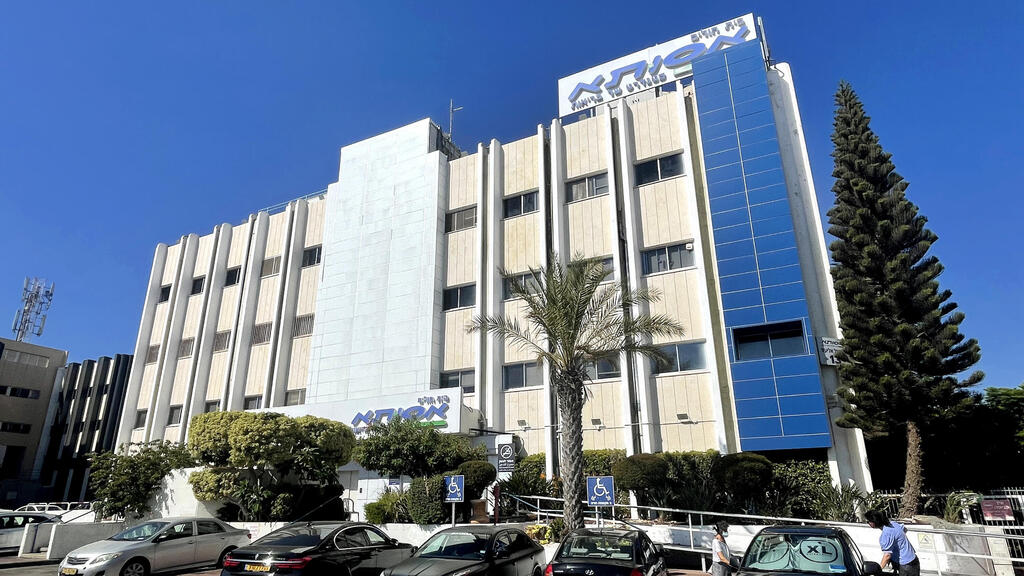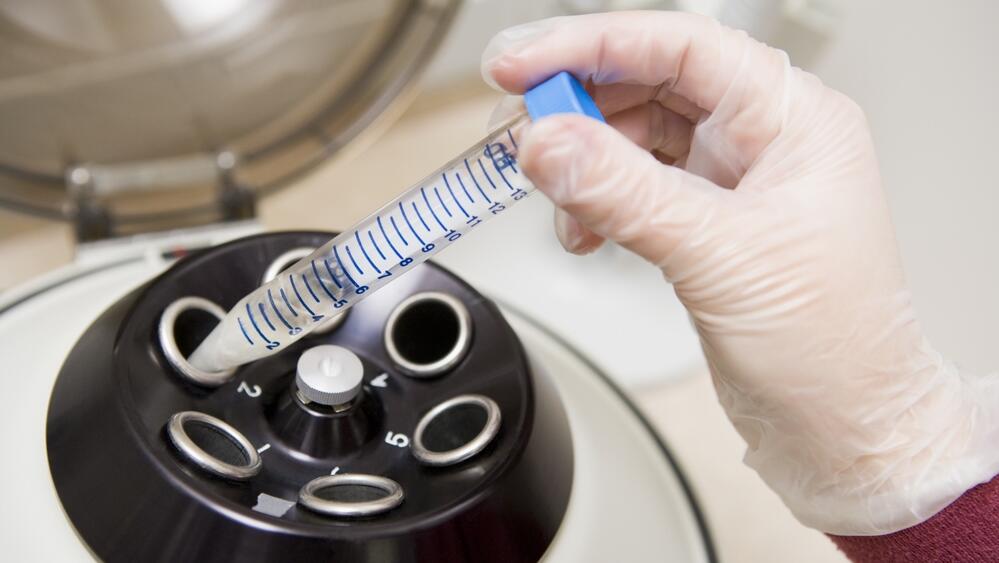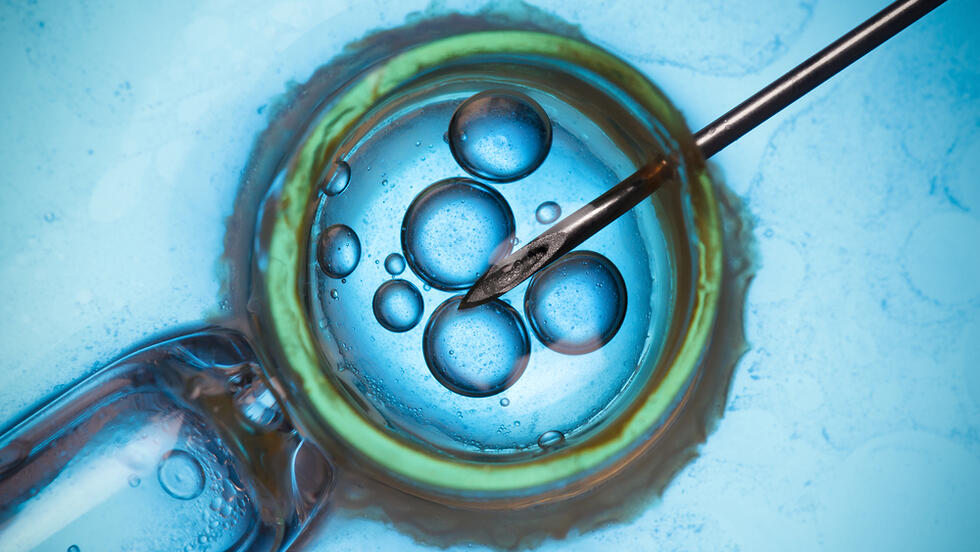Getting your Trinity Audio player ready...
Judges in the Lod District Court on Thursday ruled that DNA testing must be done to determine the biological connections of a couple to a fetus carried by another woman.
The dramatic events began when in September a pregnant woman who had undergone invitro fertilization at the Assuta hospital in Rishon LeZion, had a DNA test in a different medical facility and found she was carrying a fetus unrelated to her biologically.
The legal question soon to be presented the court would be which couple would have custody of the unborn child if the biological link to the plaintiffs is confirmed, a custody battle will ensue.
The plaintiffs said that since the early hours and days after birth are critical to forming a bond with a newborn, they must determine their biological link, so that they can argue for custody immediately at birth.
Vicotria Gelfand, a lawyer with experience in surrogacy cases, said that there is not one sole solution to the problem and any ruling will leave one side, hurt.
"if the test results are positive – meaning the embryo is not genetically linked to the woman who is carrying the pregnancy to term, it will make her a surrogate without her consent and surrogacy is a process that requires consent," Gelfand said.
She explained that according to the surrogacy laws in Israel, the surrogate's consent must be given twice during the process: once before the beginning of pregnancy, and once after the birth, in order for the baby to be delivered to the biological parents.
"This means that there is an provision in the Israeli surrogacy law allowing the surrogate to refuse to give the baby to the biological parents. In such a case, a court must decide. Fortunately, cases like these had never occurred in Israel until now," she said.
"You cannot revoke parental status from a woman who gave birth, without the woman's consent. The fact that the woman is connected to the baby by virtue of the fact that she carried the child through pregnancy and birth, must also be taken into account,: she said.
"The other side of this dilemma," Gelfand explained, "Is that the partner of the woman giving birth lacks any legal or biological status towards the baby. It is more difficult to give them a status of a couple that could raise the baby. Also, you can't remove the baby from its biological parents, or its brothers and sisters. It makes no sense to raise siblings in different houses and families," she said.
"This case will reach the Supreme Court. I hope the courts will act quickly to rule, for the benefit of the baby," she said.
Prof. Shahar Lipshitz, a lecturer from Bar Ilan University specializing in family law and parental rights, and a consultant in a private law firm, supports the court's ruling on the case. He noted DNA was taken from the fetus by the Assuta hospital earlier and there was no need repeat the procedure.
Lipshitz said that three options exist to resolve the case. "The baby could go to its biological parents, It could be raised by the woman who will be delivering him or both sets of parents could raise the child," he said.
But because the partner of the woman carrying fetus, has no legal status in the matter, he believed the biological parents are more likely to be awarded custody.
"How will they take the baby away from the birthing mother when she protests?" He asked. "On the other hand, you can’t tell the biological mother that the baby is not hers, and she must give it up," he said.
"This case will force the Israeli justice system to define the concept of parenthood," Lipshitz said. " They will have to answering questions like 'how is a mother defined?', 'is the term parent a matter of biology?' and 'what's more important – the biological and genetical link or physiological parameters?' this case shows that parenthood is not simply a biological term, it is also social, and is determined by social values."
Prof. Lipshitz also said that the guiding principle of the justice system when it comes to family law, is to look out for the best interest of the child, and the judge in the case has already indicated that he believes that a child has the right and need to know who the biological parents are.





